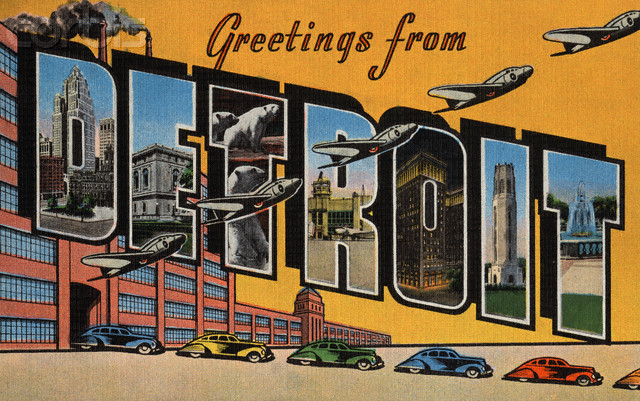
Hip-hop, unlike any other genre, prides itself on the reality it supposedly represents. It is a genre of music that sometimes seems to go out of its way to be controversial and hip-hop as a whole usually retorts the controversy, whether it be about sex, drugs or violence, by saying they are simply rapping about reality.
However, with the rise of commercial viability in rap has come the unexpected decline of not only authenticity, but also the importance that term carries. Today, it has become a genre that has become infiltrated by fabrication. This is not to say that fabrication hasn't always existed in hip-hop. With hip-hop's growth has also come the growth of the hip-hop fan and many today realize that even though many rappers speak about selling drugs and what not, most have done a small fraction of what they actually claim. However, this has become accepted by the hip-hop fan where before it was a was not.
The clear case in this instant is Rick Ross, who has created a complete fabrication of a life that involves him growing up in Dade County in Miami and coming up through being, seemingly, the biggest cocaine dealer the region has ever seen. Of course, it was revealed this was not true (he instead was a correctional officer, ironically), yet this did little to damage his career.
So the question to be raised is this: Does authenticity even matter in today's rap game? Freddie Gibbs, on his latest EP provides a nihilistic and often terrifying yes. Claiming to rap that 'real reality rap' the listener finds something that Rick Ross and the likes lack, which is truth, in all it's exuberant pain. And as is often the case for those that grow up dirt poor in some of America's most depressed areas, the truth isn't pretty and it's, at times, frightening.
This is exemplified very well in the track National Anthem (Fuck the World). While it includes all the drug posturing made famous long before Gibbs, the artist is able to lend an authenticity that expresses a vengeful pride that has grown from a nightmarish setting that is all too real.
While Freddie Gibbs remains an artist lacking any sort of marketability with this EP, this may be to the benefit of the listener. To take away the the volatility and darkness of Freddie Gibbs would be to take away what has formed his world and thus destroy his greatest strenght: rapping that real reality rap, which, it turns out, still does matter.
